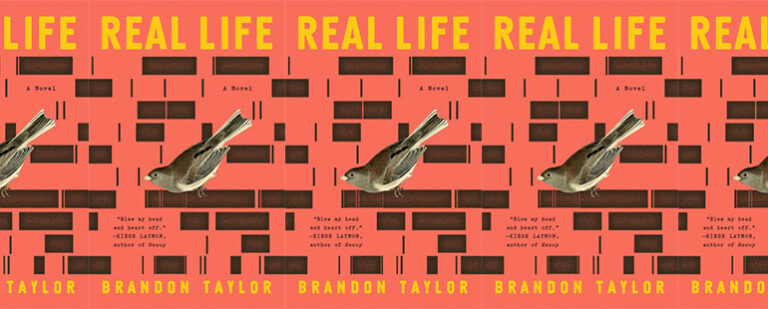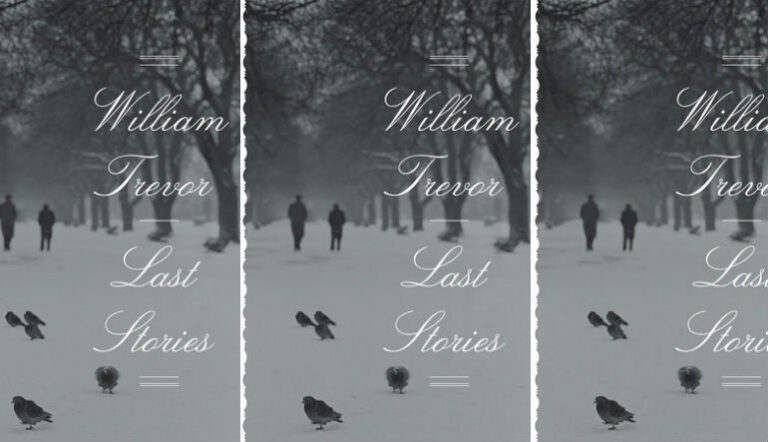THAT LIT, LIT LIFE (with global characteristics) 4 (of 14)
Shades of pink at Café Gray’s bar where I met the omnipresent Nigel Collett for drinks. Nigel fits comfortably into my lit, lit life. For one thing, we’re contemporaries. As much as I love writing “this younger writer,” as I did last blog, it’s reassuring to bump into others on this same journey who actually remember Neil Armstrong (R.I.P.) on the moon because we weren’t still in a womb (or awaiting conception) somewhere on the planet.
For another, we both live lives that let us age slowly because we simply need more time to get everything done!
Shades of Dorian and Wilde — in whose shadow we all live a little.
Armstrong was a modest man, a former military man, like Nigel (military and modest, that is) who has led his own brand of a remarkable life. Not only has he lived all over the world, he learnt about a gazillion languages (Nepalese, Pakistani, Baluchi, to name a few, and when I say “learnt,” enough to produce dictionaries). Then, he leaves the military and writes a startlingly readable biography of Reginald Dyer – The Butcher of Amristar.
Which is how our paths crossed a few years back. Okay, I’m not normally a reader of biographies or military history, but in the interest of supporting the Tongzhi Literary Group (TLG) which Nigel founded, I read his book. And simply couldn’t put it down.
Tongzhi 同 志, or “comrade” in CCP (Chinese Communist Party) discourse, actually means the same will or purpose. It has been coopted as the term for the Chinese LGBT community. The TLG is the first literary group in Hong Kong to successfully and continuously embrace a bi-lingual (English-Chinese) literary ethos. You would think this latter emphasis a no-brainer in this tri-lingual city (Cantonese, English and Mandarin) but nooooooo, not if you’re a former British colony (Nigel is rolling his eyes here) given to separation of the races.
Nigel tells me his new book will be out soon, an unauthorized biography of the actor-singer Leslie Cheung Kwok-Wing張 國 榮 (1956 – 2003) – still alive to his fans worldwide, long after his sad suicide.
* * *
But on history and contemporaries, Memory Lane. (Nostalgia, yea – beware o younger writer, ye too shall age) In my thirties, before I published my first book, I met a slightly older American writer – Robert (Bob) H. Abel – who first found his way to China back in 1987, after having published several books and won the Flannery O’Connor award for fiction. We became literary pen pal for years, until email killed our correspondence, but I saved every one of those letters that arrived by post.
That used to be the tenor of the lit, lit life across the globe. Yes, yes, I know, paper, trees, etc., but, but, but.
Neverrrminddd, as Roseanne Rosannadanna of Saturday Night Live fame used to say, alias Gilda Radner (1946 – 1989), another star, sadly, extinguished too soon.
But back to Bob, who is alive, semi-retired (although who on that lit, lit life ever “retires”) and busily producing these amazing silk-screened images. As one who has remained engaged with China, he makes an interesting note about language on his website:
“What has fixated my interest in China, however, goes past the politics, economics and history, and even the language (which I have been struggling to learn for 10 years with minimal success) to the people I have met there and through their generosity come to know – to the degree that such relationships can be forged across cultures, personal histories, differing perspectives, and the ever-present dangers and drama inherent in translation.”
His novel Riding The Tiger graces my bookshelf and is one of the most profound and deliciously wicked satires of China. A romp of a read.
Curious, the machinations of memory. I had not meant to recollect and memorialize but I did love Leslie Cheung and Gilda Radner. These passions keep you going.
* * *
I was reminded of Bob on my way past North Point, where he once stayed during a visit to Hong Kong. That district is also the site of Oil Street where several local artists once created a thriving colony, only to be removed for “development.”
The problem with global characteristics is how often you’re reminded of the razing scythe of globalization and its ability to obliterate the maps that guide us.
Not always though. We still have words (and music) to break the bones of that Gray-Grey shaded side of life.
* * *
So now, a musical interlude from the recesses of memory, Monty Python’s Life of Brian:
Monty Python, a weekly pleasure of teenage life back in that British colony.
* * *
Pythonesque, it’s taken an unconscionably long 15 years for the Ang-Am (Anglo-American, what else??) lit world to catch up, but finally, an English translation of the novel Atlas by leading Hong Kong author Dung Kai-cheung 董 啟章
Atlas goes on the bookshelf as one of the next must-reads.
* * *
But I promised the story of the revenge of the Garuda, didn’t I? For now, here at least is the shadow of the Garuda as he flies past the coast of the Americas, headed undoubtedly to Asia.
I sighted him on the way to French oysters and New Zealand chardonnay with John Stewart, the Sri Lankan oysterman (not Jon who broadcasts news on Comedy), when I briefly looked up from the pages of The Collective by Don Lee. As Nigel says, such lives we lead. He heads to Bangkok soon; I join “Women on the Move” in Singapore from where I’ll blog in next.
Yours in Pink.


